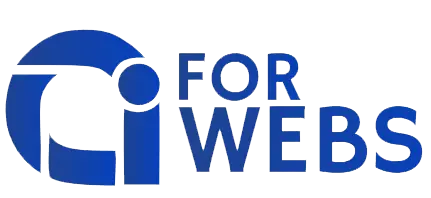
The world of digital design has taken a transformative shift with the emergence of AI Prompt Images. Gone are the days when you needed advanced design skills or hours in Photoshop to create absorbing visuals. Nowadays, with the emergence of AI Prompt Images, it has become increasingly possible to create amazing artwork, graphics, or even lifelike photographs simply by entering a carefully designed prompt. As a result, artists and creators can now bring their visions to life faster and more easily than ever before.
Whether you’re a blogger, marketer, designer, or just a curious creator, AI prompt images are changing how we approach creativity. In this article, you’ll not only understand what they are but also learn how to write effective prompts, explore practical use cases, and even try a ready-to-use prompt yourself.
Prompt Snapshot (Quick Overview)
| Feature | Details |
| Prompt Name | AI Prompt Images – Cinematic Sunrise Portrait |
| Best For | Bloggers, marketers, designers, content creators |
| Tools | MidJourney, DALL·E 3, Stable Diffusion, Leonardo AI |
| Prompt Type | Visual description + style modifiers |
| Main Benefit | Unique, high-quality visuals without stock photos |
Copyable Prompt Block
Copy the above prompt and paste it next to the response you get from the AI tools. You will get the following probable result.
How the Prompt Works for AI Images
Every great AI prompt images come from combining subject, style, detail, and technical modifiers. Here’s how the example prompt breaks down:
- Subject: “traveler on a mountain cliff” defines the main focus.
- Time & Atmosphere: “sunrise, golden light” sets the mood.
- Detailing: “textures, realistic face” ensures depth and accuracy.
- Style & Finish: “cinematic, photorealistic, 8K resolution” controls output quality.
Think of it like directing a photographer and lighting crew, but instead of a studio, you’re instructing AI.
Example Output
When tested across tools like MidJourney or Stable Diffusion, this prompt often produces a lifelike cinematic AI images with dramatic lighting. The result looks professional enough to use for a blog header, an advertisement, or even social media storytelling.
Practical Use Cases
AI prompt images can be applied in countless areas:
- Content Creation: Blog visuals, hero images, or YouTube thumbnails.
- Marketing Campaigns: Tailored ads that align with brand voice.
- Social Media: Unique graphics that stand out in busy feeds.
- Product Mockups: Early design prototypes without hiring artists.
- Creative Projects: Book covers, digital art, posters, or personal projects.
Due to its ability to save time and money, it’s becoming a must-have tool in creative processes.
Tips to Customize or Improve the Prompt for AI Images
You don’t need to stick to one style. Try these procedures to refine results:
- Change the subject — Replace “traveler” with “robot,” “artist,” or “child playing.”
- Adjust moods — Add words like “cyberpunk,” “peaceful,” or “futuristic.”
- Experiment with art styles — Use “digital painting,” “oil painting,” or “anime-inspired.”
- Play with lighting — Add “studio light,” “moonlight,” or “neon glow.”
- Change aspect ratios — –ar 9:16 for mobile visuals, –ar 1:1 for Instagram.
- Use negative prompts — Exclude flaws with “no distortion, no text, no watermark.”
Best Practices to get AI Images
- Be descriptive: The more details you add, the better the output.
- Start broad, then refine: Begin with simple prompts and layer features.
- Think like a director: Add camera settings, angles, and lighting for cinematic results.
- Save your winning prompts: Build a library for faster workflows.
- Polish lightly: Even great AI images benefit from small edits in Canva or Photoshop.
Related Prompts or Content
- [Prompt: Act as my personal assistant]
- [Prompt: Act as an AI art prompt generator.]
- [Prompt: ChatGPT Sites]
- [Prompt: Act as an expert in [your topic]]
- [Prompt: Act as an AI art prompt generator.]
- [Prompt: Act as an expert Midjourney prompt engineer. ]
